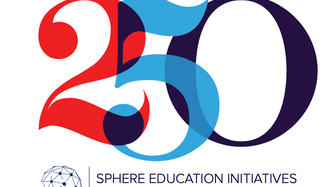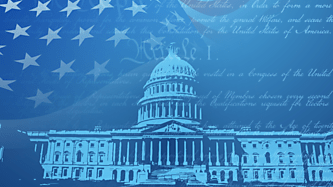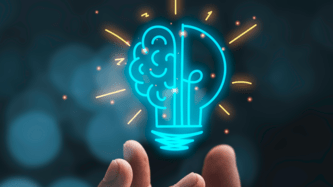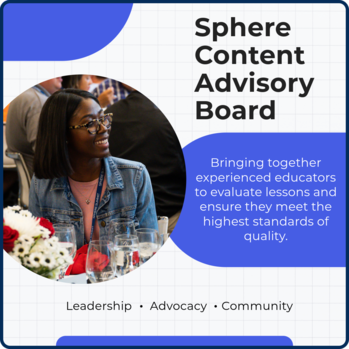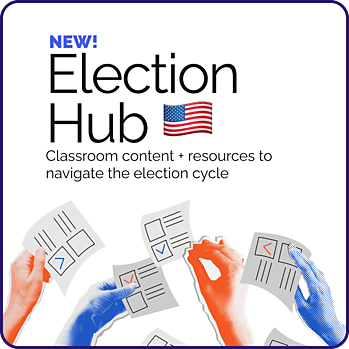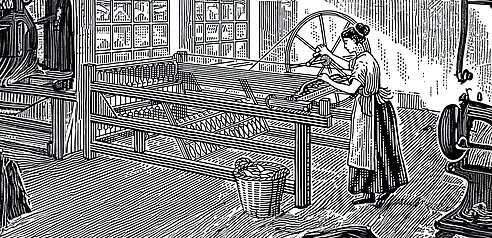Classroom Content
Sphere provides educators with viewpoint diverse resources to bring conversations to the classroom and equip students to engage in civil discourse. Sphere offers lesson plans, discussion questions, videos, and publications on various topics for use in the classroom that are exclusively nonpartisan.
Collections
collection
America’s 250th
Sphere Education Initiatives’ 250th collection integrates the study of civics across disciplines to help students identify, analyze, and evaluate the underpinnings of the founding principles outlined in the Declaration of Independence through the framework of civil discourse.
collection
Getting Started with Civil Discourse
Learn how civil discourse can help you foster strong discussions and connections for your students. Explore our lessons, conversation frameworks, teacher tools, and explainers adaptable for all disciplines and grade levels to get started.
collection
Human Progress
This collection explores historical figures and cities who epitomize human progress and innovation worldwide. Students will examine influential individuals and places in science, art, and social reform, appreciating their transformative impact on shaping our world.
collection
Civil Discourse and Economics
This collection aims to cultivate critical thinking skills in students as they explore microeconomics and macroeconomics, examining the role of government in the economy through lessons that encourage analysis, evaluation, and understanding of economic principles and government interventions.
collection
Politics and Society
Politics and society are interconnected and shape our daily lives. Values and principles should steer decisions on healthcare, education, immigration, and national security. Fostering civil discourse amidst disagreement is important for constructive governance and social harmony.
collection
Civil Discourse and English Language Arts
This equips teachers with engaging lesson plans to promote respectful and inclusive discussions around literature, enabling students to develop critical thinking skills, empathy, and effective communication while exploring diverse perspectives and themes in literary works.
collection
Constitution and Law
Examine the Constitution’s principles and interpretation. How to balance personal freedoms with government intervention in areas such as health or national security? Consider the implications of constitutional amendments or law changes on rights and governance.
collection
Civil Discourse in Science and Technology
This collection is curated with lessons and resources that support the unique nature of civil discourse discussions in the science classroom. Lessons help students explore the intersection of the sciences, economics, public policy, and human progress.
Modules from

module
Centers of Progress
This module explores the locations that have served as hubs for human progress and innovation throughout world history. Students will delve into the stories of significant cities and regions, examining their contributions in fields such as science, technology, arts, and governance, fostering a deep appreciation for the interconnectedness of societies and the impact of key cultural and intellectual centers.
module
Heroes of Progress
This module explores people who have made extraordinary contributions to human wellbeing throughout world history. Students will delve into the stories of important individuals, examining their contributions in fields such as science, technology, arts, and governance, fostering a deep appreciation for innovation, openness, and curiosity.
Latest Lessons
Lesson
Lesson 3: Confronting the Pressure to Conform Through The Crucible
The final lesson asks students to consider the ways The Crucible serves as an allegory, revealing the tension between unalienable rights and the social pressure to conform. After participating in learning activities that help them identify and explain elements that enhance the allegorical meaning of The Crucible, students have an opportunity to come to their own conclusions about whether or not The Crucible is relevant to our current moment.
Lesson
Lesson 2: Testing the Consent of the Governed Through The Crucible
In the second lesson, students consider the principle of “the consent of the governed” from the Declaration of Independence in relation to the dynamics and character development in acts 2 and 3 of The Crucible. After identifying how the symbols in acts 2 and 3 contribute to understanding of the key themes, students will develop a well‐written essay that explores how literary elements in The Crucible affect the audience’s engagement with the play.
Lesson
Lesson 1: Exploring Equality and Individual Rights Through The Crucible
In this opening lesson, students warm up with an anticipation guide, learn about the key components of a Greek tragedy, and get to know the characters in act 1. This foundational knowledge sets the stage for the rest of the play, so students can better understand how The Crucible grapples with the principle that “all men are created equal” outlined in the Declaration of Independence.
Lesson
Lesson 4: Charting Democratic Truths in Fictional Waters in Huckleberry Finn
The final lesson in this unit helps students understand the role of situational irony and how Twain uses this literary device to add meaning to the message he conveys in the novel. At the end of this lesson, students will write a synthesis essay that explores the novel’s major themes in relation to the principles of equality and liberty as intended by the Founding Fathers.
Lesson
Lesson 3: Navigating Toward Self‐Evident Truths in Huckleberry Finn
In lesson three, students read chapters 16–30 of The Adventures of Huckleberry Finn and consider the tension Twain develops between performative and authentic language. Through a series of scaffolded learning activities, students reflect on how Twain’s language shapes the story’s meaning, keeping an eye on the Declaration’s principle that “all men are created equal,” while understanding America’s historical difficulties in universally applying this principle to everyone.
Lesson
Lesson 2: Democracy Through Huck’s Eyes in Huckleberry Finn
The second lesson of this series explores the role of realism in developing a space for democracy in American literature. Students will consider the extent to which both art and literature can reflect democratic principles and societal norms, and they will critically analyze how Twain uses realism in The Adventures of Huckleberry Finn.
Lesson
Lesson 1: Unpacking Language and Meaning in Huckleberry Finn
This opening lesson teaches students to engage with Mark Twain’s language through reflective journaling. As they engage in the activities, students will collaborate with others to develop journaling practices that foster cognitive empathy and critical analysis of Huckleberry Finn.
Lesson
Preface to Lessons on Huckleberry Finn
This preface offers educators practical strategies and tips as they prepare to teach Mark Twain’s novel. The goal of this explainer is to support teachers in creating spaces that foster viewpoint diversity and civil discourse, so students can have meaningful conversations about Huckleberry Finn without shying away from the challenges the text presents.
